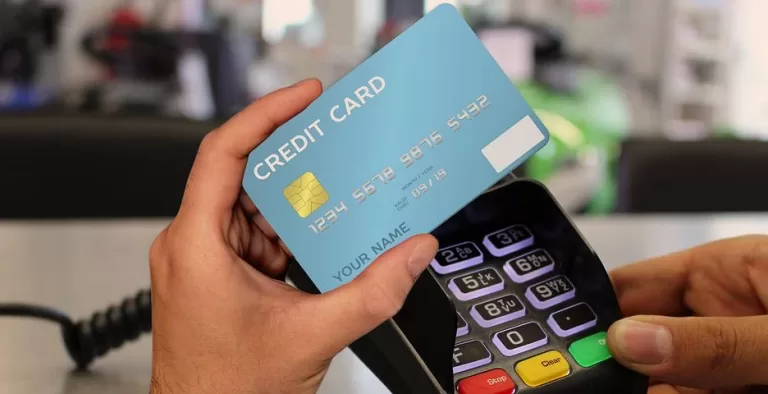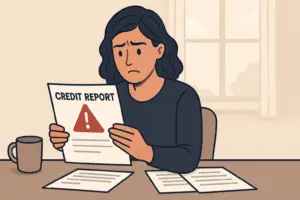Fraudulent credit card charges of any type can be a significant stressor but pre-paid credit card fraud carries special risks. The nature and purposes of a pre-paid card mean that the user has often cashed his or her paycheck or made significant withdrawals from the bank to fund the card. Fraudulent charges or withdrawals may mean that money earmarked for rent, utilities, insurance premiums, and other bills disappears, leaving the cardholder unable to cover necessities.
Schlanger Law Group Fights to Protect Fraud Victims
Credit and debit card theft can be difficult to resolve, but pre-paid credit card fraud brings special challenges. Take Troy Livingston, whose recent experiences highlight the difficulties a cardholder may face in the aftermath of this type of identity theft.
Mr. Livingston purchased a pre-paid card from PLS and deposited $2,000 to the card account. Soon after, an identity thief gained access to Mr. Livingston’s account information, either by stealing or cloning the card. The thief then withdrew a total of $1,500 in four separate ATM transactions.
Mr. Livingston reported the unauthorized transactions to PLS and was instructed to file a police report and provide PLS with a copy. He did so and was told that the faxed copy was illegible. He mailed the police report, and then PLS denied his claim, explaining that they had determined that the withdrawals were consistent with his past use of the card. However, Mr. Livingston had never used any of the ATMs used by the thief.
Police investigators reached a different conclusion. In fact, law enforcement obtained a photograph of the person who made the withdrawals—a white man unknown to Livingston, who is African American—identified the criminal, and filed charges against him. However, this updated information did not sway PLS, which continued to deny the claim. In the subsequent months, Livingston spent hours talking with PLS representatives, submitting information, and trying to get a refund for the fraudulent withdrawals.
When those efforts ultimately failed, Livingston contacted Schlanger Law Group (SLG). One of SLG’s identity theft lawyers initiated arbitration on Livingston’s behalf. Our team plans to bring claims under both state and federal law, including the Electronic Funds Transfer Act (EFTA) and New York General Business Law section 349. The EFTA protects consumers against unauthorized use, and the New York statute prohibits deceptive conduct in consumer transactions, including creating false barriers to reimbursement.
Don’t Give Up When Facing Pre-Paid Credit Card Fraud
Too often, consumers make the mistake of accepting the denial of a claim or dispute at face value, assuming that there is nothing they can do to enforce their rights. However, both state and federal law provide powerful protection for consumers facing unauthorized transactions, inaccurate credit reporting, and related issues.
If an identity thief has incurred fraudulent charges on your credit card or drained your pre-paid card and you’re having difficulty resolving the problem, contact us. Just call (212) 500-6114 or fill out this simple form to schedule a free case consultation.







